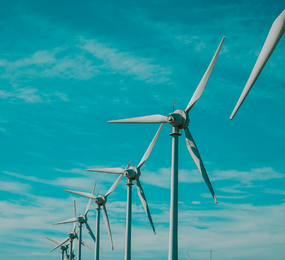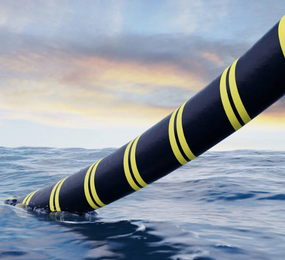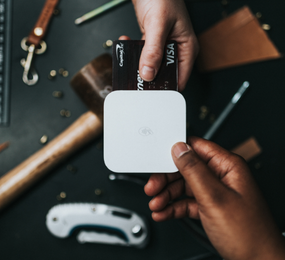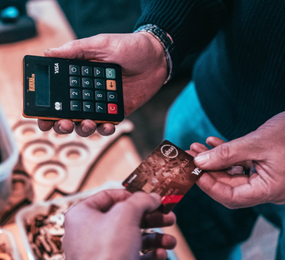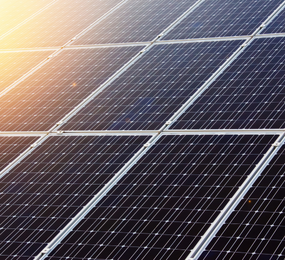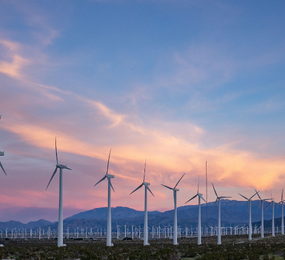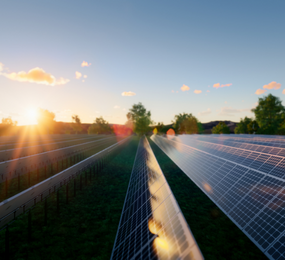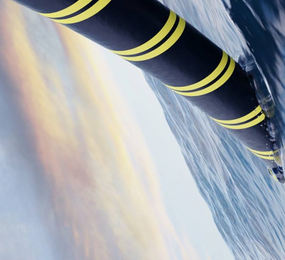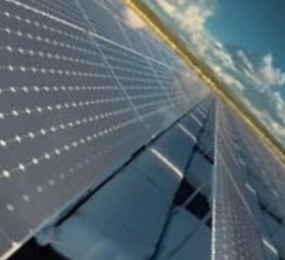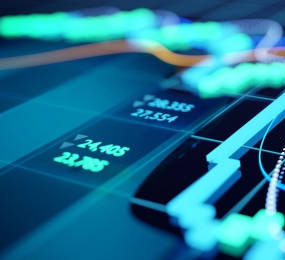The advantage of bioplastics being much simpler to decompose suggests that they are more sustainable.
Typically, polylactic acids (PLAs), which are widely used in food packaging, are created by converting sugar extracted from plants like corn and sugarcane into polylactic acids (bioplastic). The microorganism-derived polyhydroxyalkanoates (PHAs) can also be used to make bioplastic.
In essence, any material produced predominantly from a renewable resource, like sugarcane or even vegetable lipids, can be referred to as a bioplastic.
Bioplastics are supposedly more environmentally friendly than traditional plastics created from petroleum because they are made from renewable resources. Additionally, as was already said, they degrade much faster than other materials.
Despite the clear advantages of bioplastics, it has been emphasised that they aren’t enough to address the massive plastics crisis the world confronts. Some bioplastics can produce harmful residues while others need greater temperatures to break down. Furthermore, bioplastics may take a lot longer to break down and may even release methane gas if they end up in landfills with inadequate oxygen levels.
Although they can be created without the use of fossil fuels and decay considerably more quickly than other plastics in the right environment, they do have some advantages over other types of plastic. Bioplastics can be injection moulded and take the same shape as traditional thermoplastics and in some cases are even stronger and lighter. In addition, bioplastics are more marketable and their use can improve the added value of a product.
In conclusion, bioplastics by themselves are unable to address the world's plastic pollution problem since they depend on consumers to properly dispose of them and place them in the right landfill.
What are the true environmental impacts and implications of bioplastics, and what potential do they have to drive sustainability and the circular economy in packaged goods? We have assembled an expert panel to discuss misconceptions, challenges, and opportunities around packaging applications, infrastructure, and regulation.
Join us on 1st - 2nd March, 2023 for the World Biopolymers and Bioplastics Innovation Forum, in Berlin, Germany so you don't feel left out in the industry!
To register or learn more about the Forum please check here: https://bit.ly/3TQ1k8m
For more information and group participation, contact us: [email protected]


